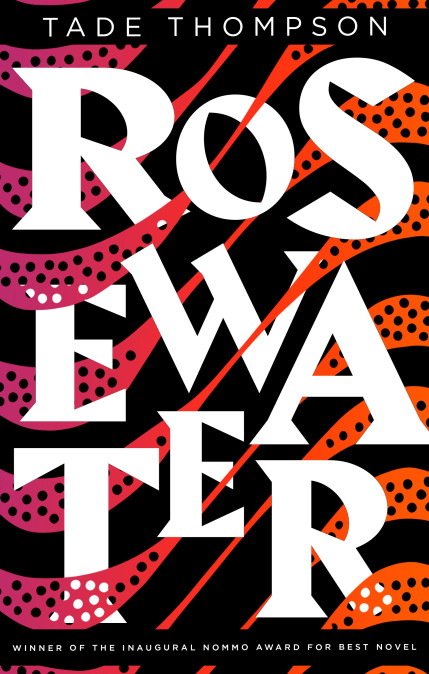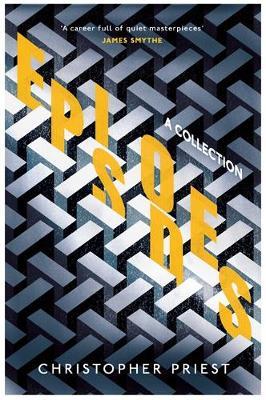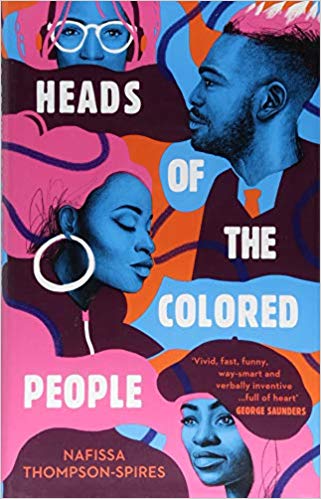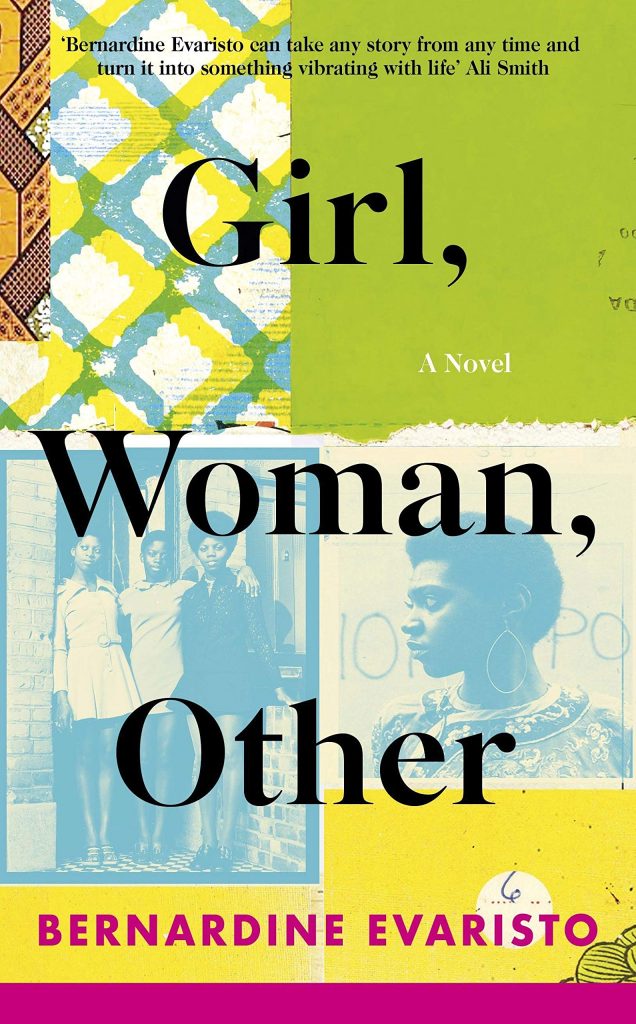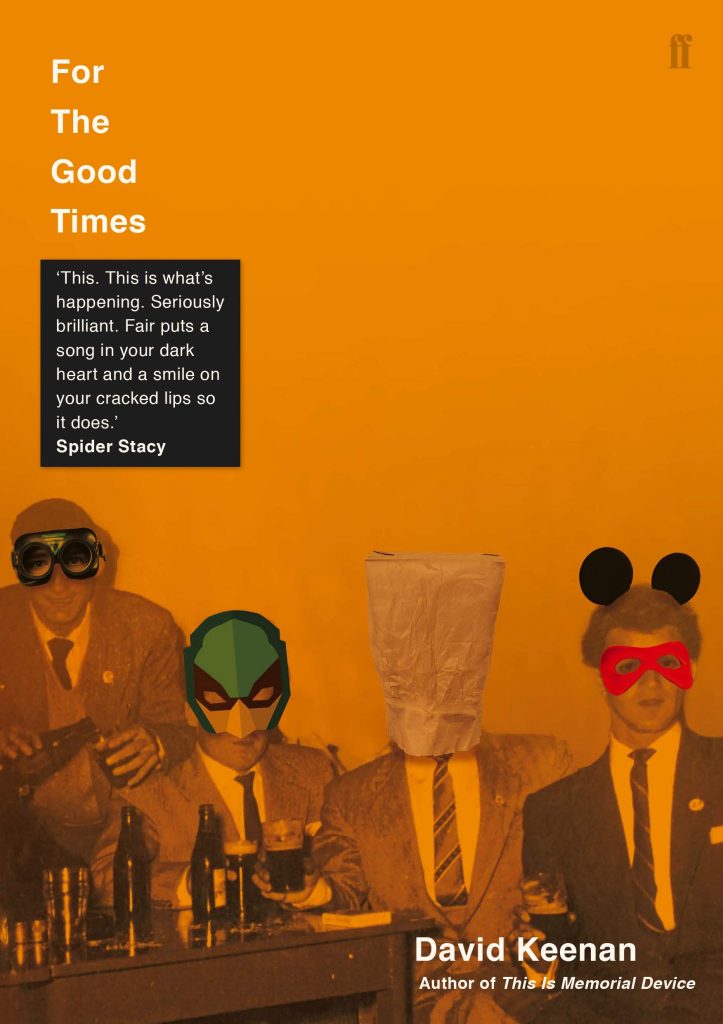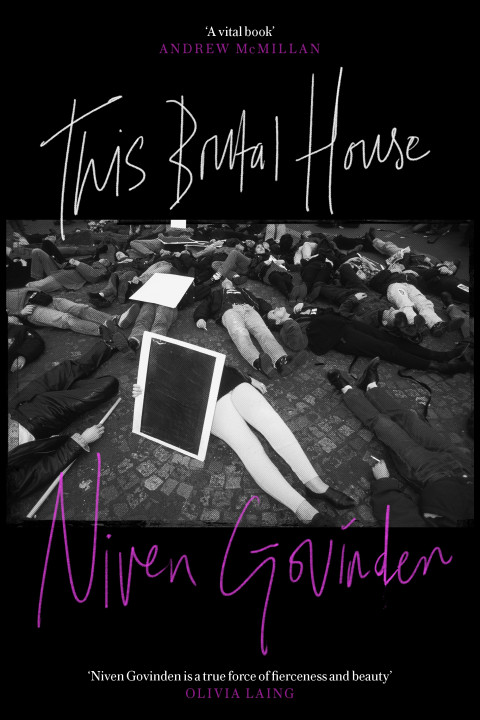The Author suspects that this novella (which is in danger of becoming a novel so needs to end quite soon) is either extremely deep or unbelievably trite.
It’s impossible to tell.
The Author (Gyasi ‘Chance’ Ebo claims) will persist in calling it ‘unbelievably trite’ because she is fundamentally disingenuous.
The Author (the Author claims) will persist in calling it ‘unbelievably trite’ because – at some profound level – it is unbelievably trite.
There is little I feel I can say about this novel (and through its scope and form and effect I would persist in calling it a novel, regardless of word length) because for me it is perfect, yet I cannot not mention it because I loved it so much.
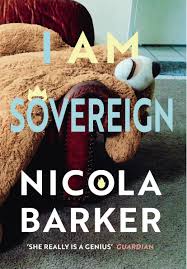
I was talking to Chris about Nicola Barker’s work last night and the reasons I love it – the equal facility with which she handles serious subjects and bright ephemera, the way she insists that nothing, truly, counts as ephemera because even the most throwaway cultural artifacts are peculiarly long-lasting, the effortless fusion of highbrow and popular culture in a manner that feels artless but is in fact high art.
Because she loves her material and her subjects and is never snide. This is one of the key things I noticed about Barker when I first encountered her through Darkmans, her Booker-shortlisted 800 pp monster from 2007, for me one of the most important English novels of the 21st century so far and still my favourite of her works.
She doesn’t put on accents. She lets people speak.
“She’s a bit of a Marmite writer, though, isn’t she?’ Chris said. I would be the first to admit that this is true, though as my editor remarked recently while going over the text of my next novel, I happen to have a fondness for the stuff.
I Am Sovereign takes place during a twenty-minute house viewing in Llandudno. Nothing happens. Worlds collide. You could read this book – easily – in an afternoon. There are readers who will find this novel annoying and wilful and deeply affected. I found it to be one of the most joyful works – both in terms of what it has to say and the sheer authorial delight in what is being created – I have read in a long time. It’s the light to H(A)PPY’s dark. I would argue that there are few books and fewer authors who are able to so perfectly articulate how it feels and what it is like to be alive in Britain right now.
Please read this marvellous interview with Barker in The Times here. She is phenomenal.
